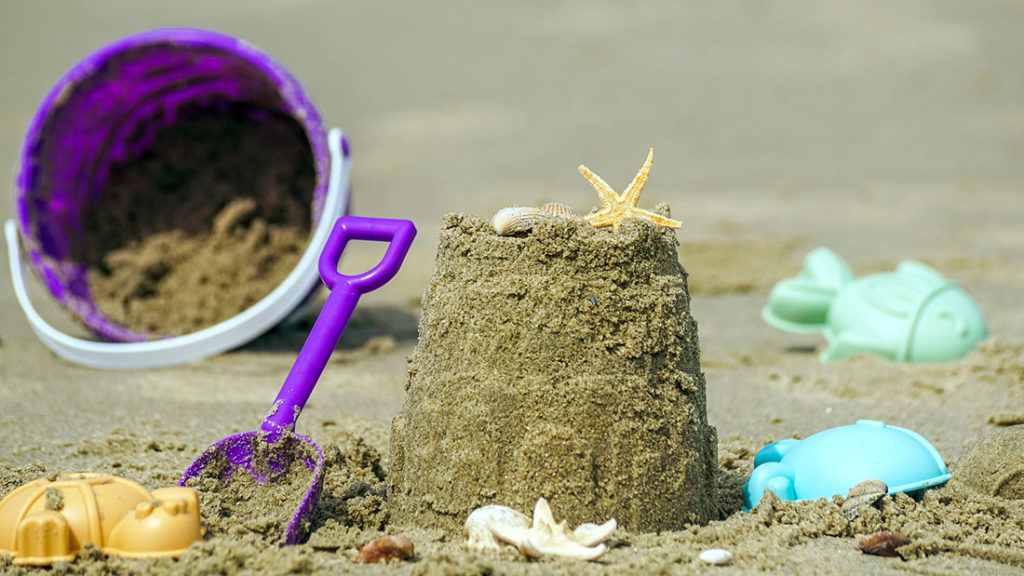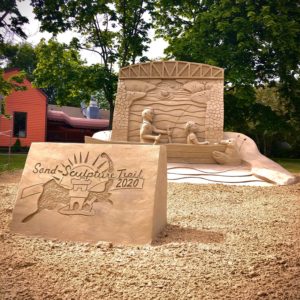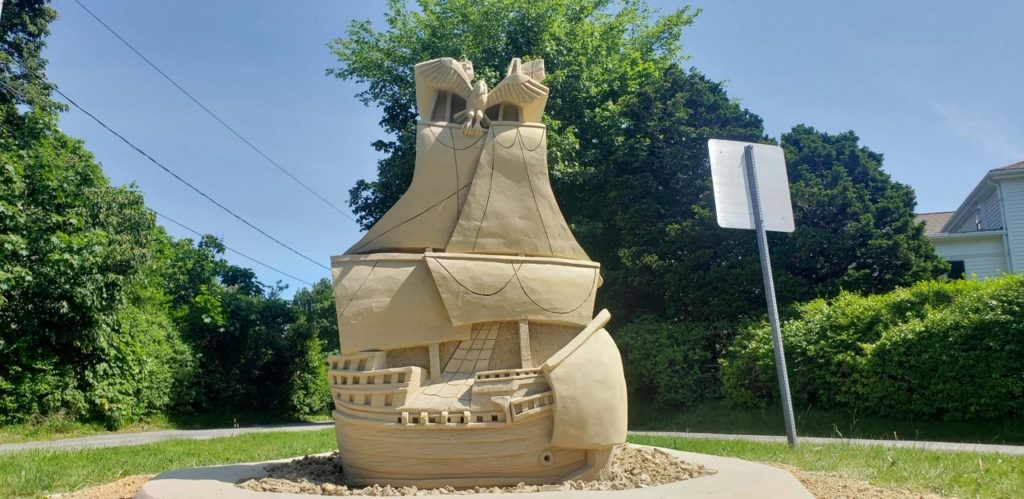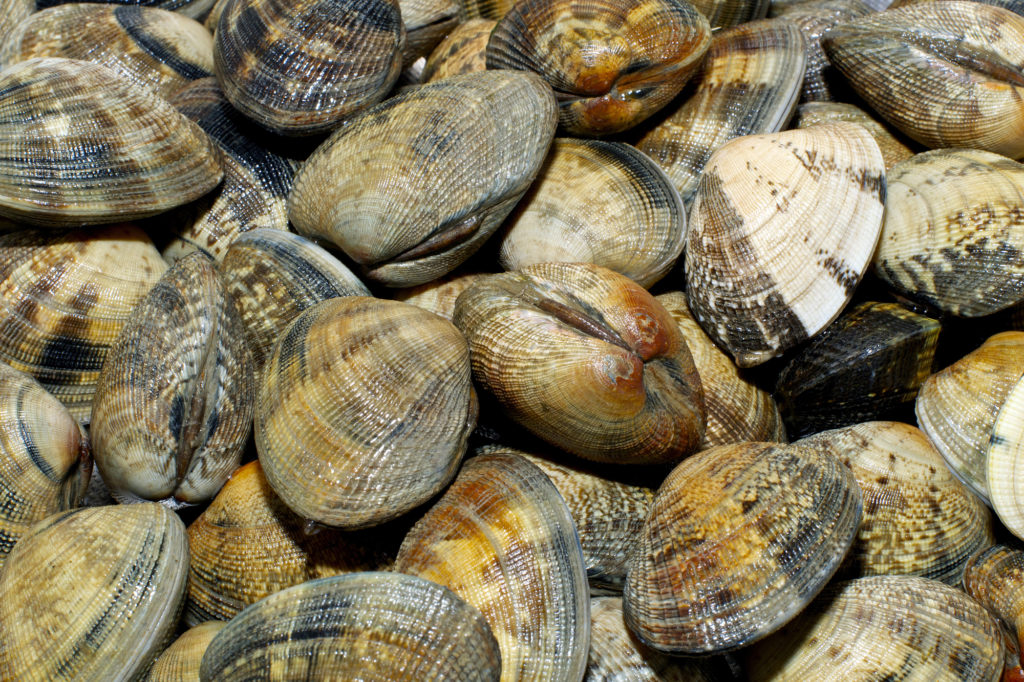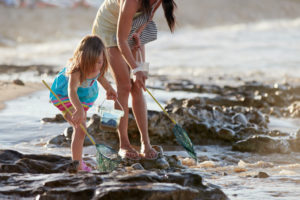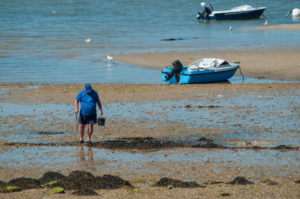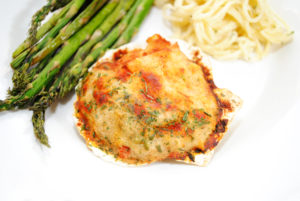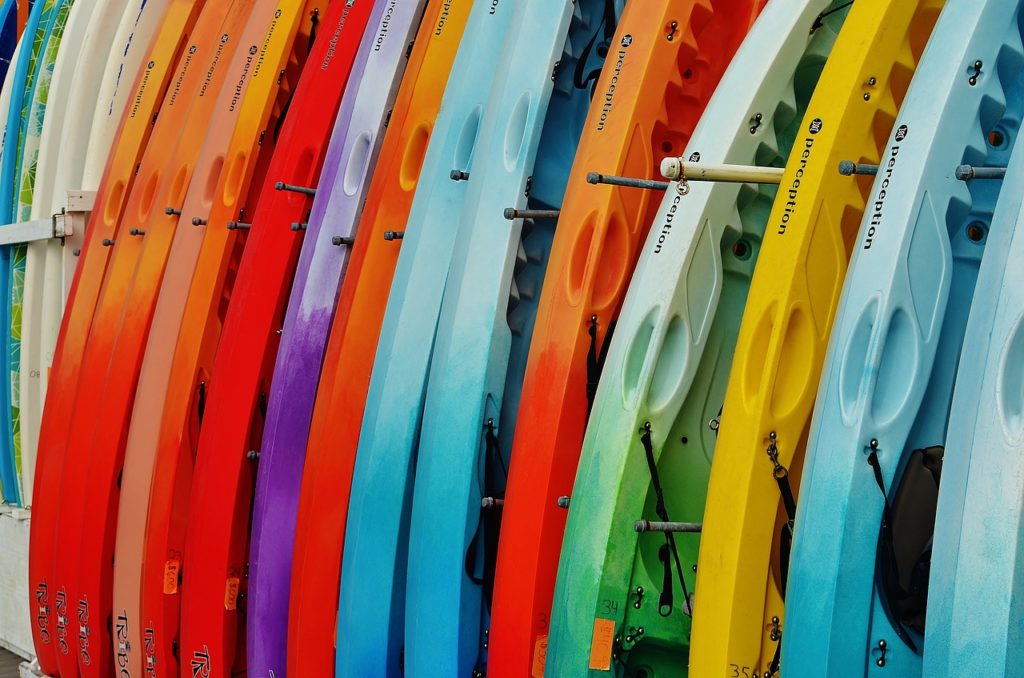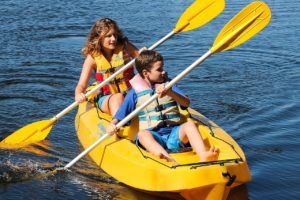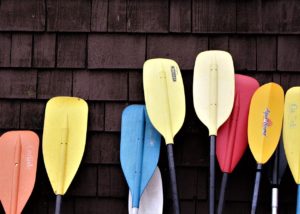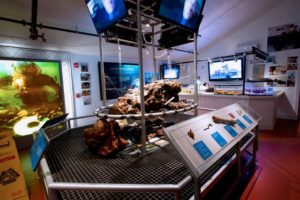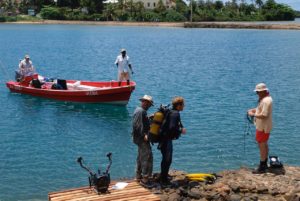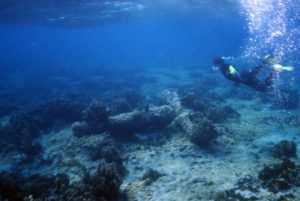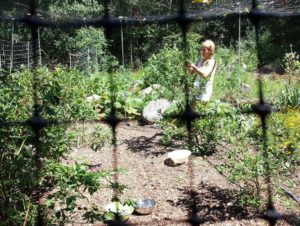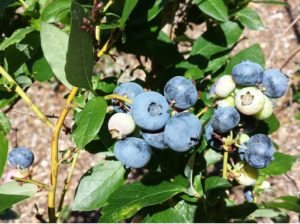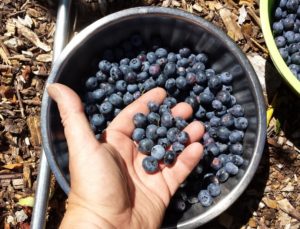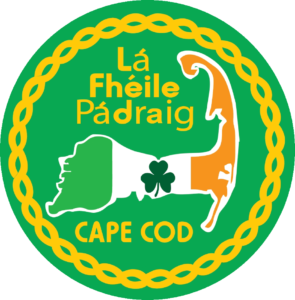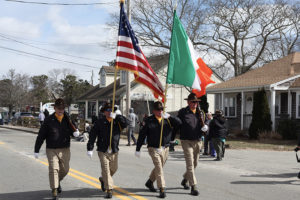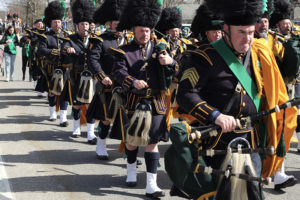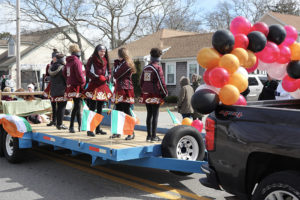Online ordering, curbside pickup, virtual merchandising, and personally reaching out to loyal customers are some of the creative strategies used by Yarmouth retailers to buoy their sagging bottom lines during the COVID-19 shutdown. And now that Massachusetts businesses are reopening, some local merchants say they will retain the strategies into summer and beyond.
First-year trial for Cape Cod Toy Chest
Matt Barbo, owner of the Cape Cod Toy Chest on Route 28 in West Yarmouth, says he was hit particularly hard by the pandemic because he had only been in business for 10 months when he was forced to close. But loyal patrons stayed with him during March and April, thanks to a combination of online marketing and old-fashioned customer service.
Barbo said the Cape Cod Toy Chest has an informational website, which doesn’t feature a shopping cart for online purchases. So customers would visit the website, see something they liked and then call the store to make their purchases. “When customers arrived at the store, they would call from their vehicles and I would make eye contact and wave to them through the window,” he said, “just to make sure it was the right person.” Barbo would then put the items outside the door for pickup, so there was never any face-to-face contact.

He also used social media and text messaging to communicate with customers, sending photos and suggesting items, like birthday gifts for a nephew who collected Batman toys. And he moved his most popular items to storefront-window displays, posting signs with instructions on how to make purchases.
Now that the Cape Cod Toy Chest has reopened and employees are back to work, Barbo said he will continue taking telephone phone orders while reinventing some of the fun promotions he sponsored before the pandemic. The store had quickly gained support (and a reader award from Cape Cod Life) for its hands-on style — hosting family parties, events, games, and even creating an activities area where visitors could experiment with art supplies. That kind of personal interaction is no longer allowed under social distancing requirements, so Barbo converted the activities area to additional display space and began hosting a Facebook Live bingo tournament. (The bingo games are being taken over by the Yarmouth Library now that the store has reopened, he said.)
Barbo watches the number of people inside the store (his limit is 16 people including staff). There’s also a heightened focus on cleaning surface areas, and he pays attention to items that customers handle, then he follows with sanitizing supplies. A detailed description of how the store is handling its Phase 2 opening can be found on the Cape Cod Toy Chest’s website.
The decision to continue policies that helped customers during the shutdown is a way of thanking people for their business, Barbo explained. “Every little bit that people reached out for something, it helped bridge the gap.” The shutdown was still a major setback, he said, “but it was a little less of a catastrophe because people kept me in their minds — which was fantastic and flattering and humbling.”
Innovative Customer Service at Adrene Jewelers
Todd Mendes, co-owner of Adrene Jewelers, had already closed his doors a week before Gov. Charlie Baker’s March 24 shutdown of nonessential businesses. Mendes was banking on the e-commerce generated by the store’s website, which makes up 30 percent of Adrene Jewelers’ income. He was also taking appointments with customers for specific jewelry items or to replace watch batteries.
But after the shutdown business was slow, including online commerce, Mendes said. So he followed the advice of his wife and business partner Amanda Mendes, who suggested he create virtual showcases of the store’s merchandise. Mendes used social media to let customers know about the service.

Those who want to check out Adrene Jewelers’ inventory can contact Mendes to set up a session on FaceTime, Google Meetings, Zoom, or most any other video conferencing application. He cited the example of a gentleman who wanted to purchase a pair of diamond earrings for his daughter’s graduation.
“I just did a FaceTime with him and showed him what I had in stock for diamond earrings,” Mendes said. He made the sale, took credit card payment over the phone, wrapped up the graduation gift, and then personally delivered it.
As businesses open up in Yarmouth and across the state, Mendes says he will continue to use traditional and social media to reach customers. He’s still working part time at the store, and arranging meetings for repairs, watch batteries and customized work. His business is less than 1,000 square feet of retail space, which would accommodate eight people under state guidelines. But he noted that he has so many display cases that he only allows two customers in the store at a time, which allows ample space to remain 6 feet away from others. He has chairs outside, and he will work with customers who aren’t comfortable coming indoors.
Mendes says he will continue to create customized jewelry while keeping an inventory of his top sellers — LeStage Convertibles and Cape Cod Jewelry. He is also holding monthly drawings for a $100 gift certificate to the store. And those who don’t win go into a database and receive $25 gift certificates on their birthdays.
Being flexible and finding innovative ways to keep your customers satisfied are keys to running any business — especially a small, family-owned store like Adrene Jewelers, said Mendes, who strives to provide a level service that a person will always remember and later describe to others.
“Word-of-mouth advertising is a very powerful tool,” he noted.
Back in the swing at Fit to a Tee golf shop
Keeping customers safe and comfortable is an ongoing concern — especially after the recent spike in COVID-19 cases across Florida, Texas and other states that mishandled their openings. Meticulous attention to safety is now part of the daily routine at Fit to a Tee Golf Shop on Route 28 in South Yarmouth.

Massachusetts golfers began hitting the links as soon as Gov. Baker allowed courses to reopen on May 7. The move released pent-up enthusiasm for the sport, said Fit to a Tee owner John Perrone. So business has been steady, as those who love the game got back outdoors and into the swing.
During the shutdown, commerce was at a standstill, Perrone said. The store and adjacent driving range at Bass River Sports were closed, and lessons were canceled. But as restrictions eased, John and his father, John (Jack) Perrone, helped customers return to the sport while working to ease concerns about safety, cleanliness and social distancing.
“I wipe down just about everything that customers can touch,” John Perrone said. “You do as much as possible to keep people comfortable and safe.” Face masks are de rigueur, and maintaining adequate space for customers and staff to remain at least 6 feet apart is mandatory.
Fit to a Tee is a full-service pro-shop, offering repairs, regripping, club fitting, and lessons via an indoor golf simulator and an outdoor section of the Bass River Sports driving range. The outdoor facilities provide plenty of open space for lessons, Jack Perrone said. But personal protective equipment is still required. (A post on the store’s Facebook Page reads: “I’m a Golf Pro not a politician so let’s wear a mask and stay at least 6 ft from each other and be safe.”)
The result? Business has been better than expected. “It hasn’t been great, but it’s been steady, and that in itself is great,” John Perrone said. He added that more people are entering the sport so there’s a greater demand for lessons.
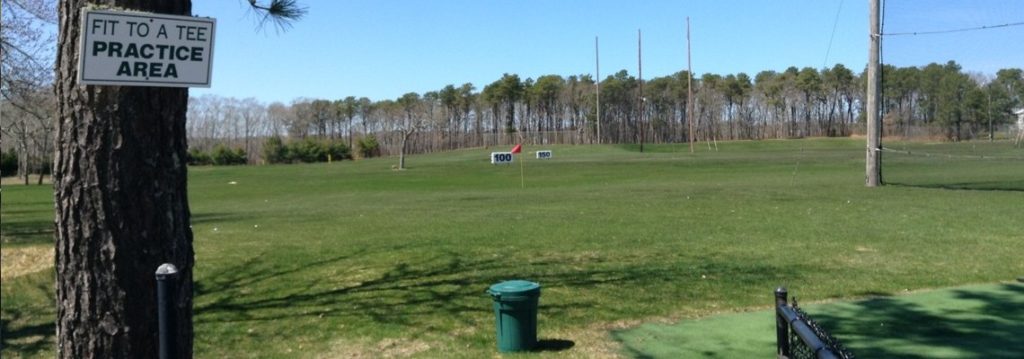
Customers have responded well to the safety measures, too. “Everybody seems to be cognizant of what they should do, Jack Perrone said. “And even though we’re not a big, big, store, they seem to understand the 6 feet of space. And we also try to direct traffic,” he said.
In the coming months, the owners say they will continue to work with customers, keeping both patrons and employees safe. John Perrone is the resident golf pro, and he is back to giving lessons by appointment, said his father, Jack. To make an appointment, call John Perrone at 508-398-4653 or visit fit-to-a-tee.com for more information.
Andy Tomolonis is a nonfiction author, travel writer and multimedia journalist.


